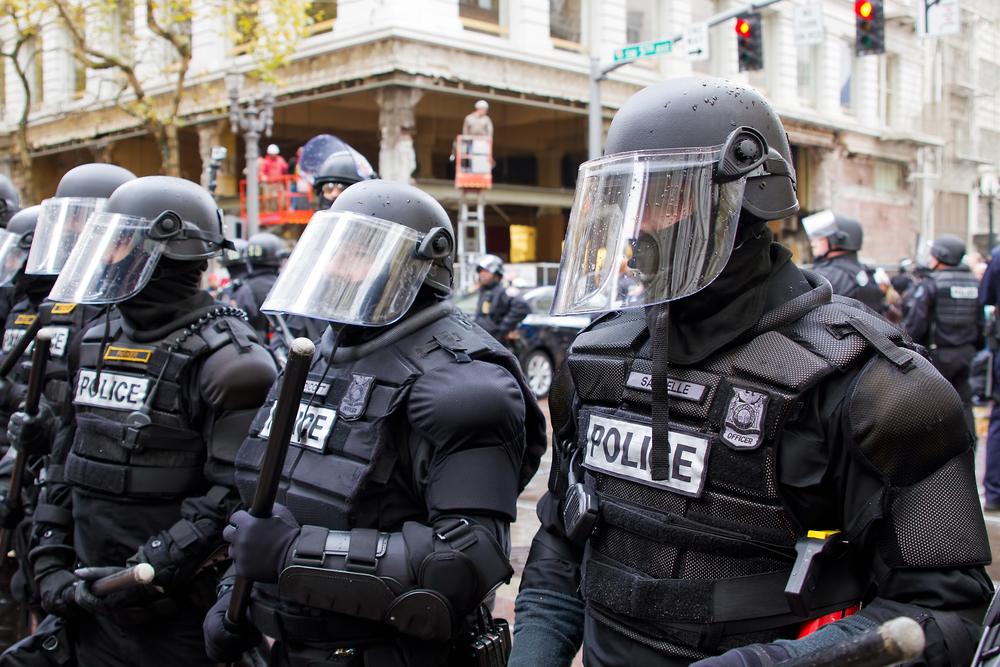
Ditch the canned beans in the dusty basement clean underpants could end up being what saves your life when the apocalypse comes. At least, says adventurer and writer Robert Twigger, and he has the sort of curriculum vitae that makes you pay attention. This is a man who’s fought giant snakes, trained with the riot police in Tokyo, and walked deserts with a home-built trolley so if he says underwear can filter water, it’s worth considering.
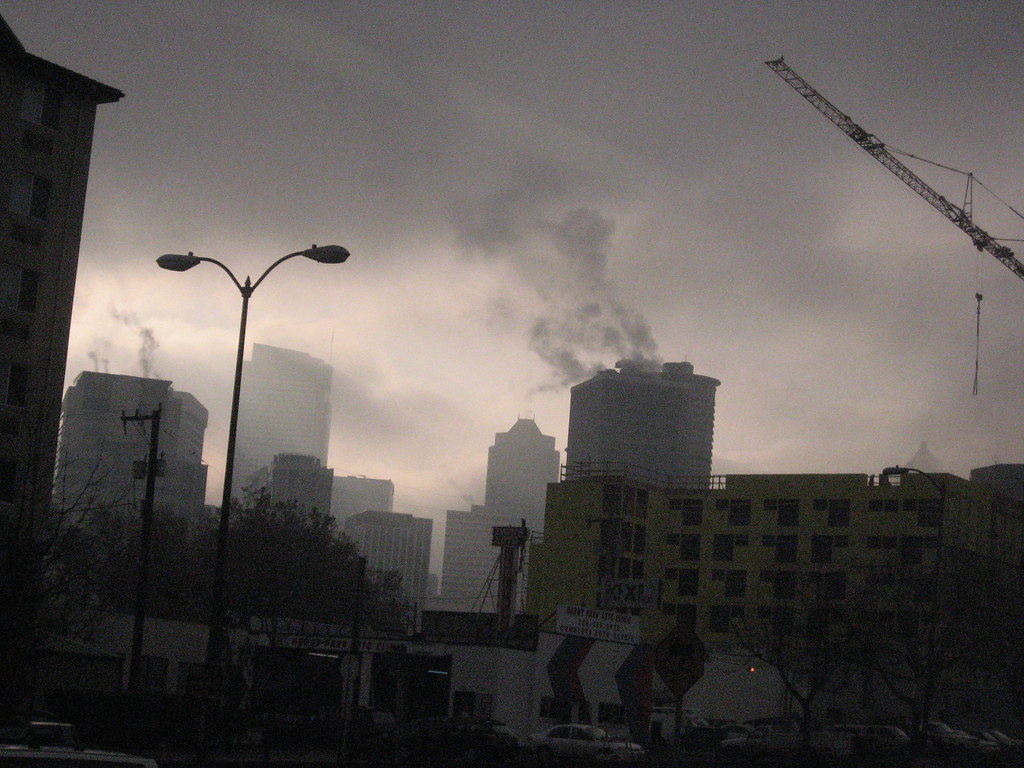
The Wigtown Book Festival is embracing this blend of offbeat wisdom and hard-won survival know-how with Twigger’s End of the World Survival Guide. It’s equal parts pep talk, practical guide, and reminder that despite nuclear winter, zombie epidemics, or AI takeovers, there will always be room for laughter and human empathy. And it’s supported by science, too specialists assert that prepping actually can calm anxiety by providing a sense of mastery in the midst of mayhem.

So, whether you’re in it for the laughs, the life-saving tips, or just to win the “most prepared” award in your friend group, here are seven survival hacks and mindset shifts that could make all the difference when the Doomsday Clock ticks its last seconds.
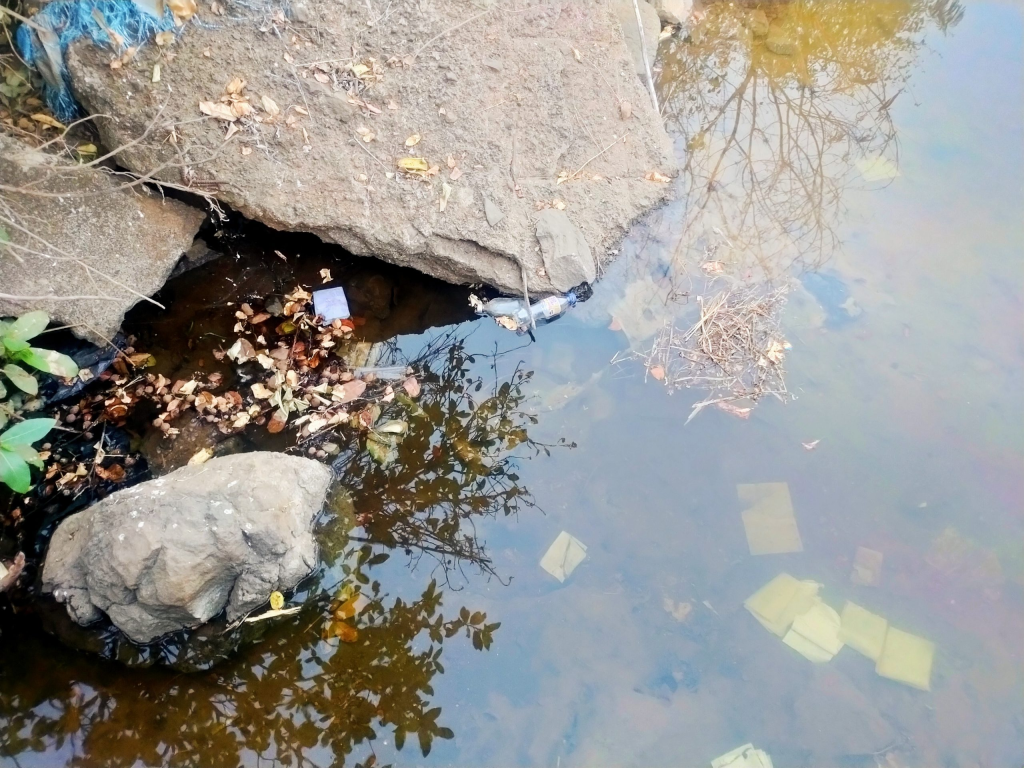
1. The Underpants-as-Water-Filter Trick
Twigger’s most eye-raising advice? Carry a spare pair of clean underwear with you not for its natural deodorizing properties, but to strain out dirty water. As a last resort, the material can filter out sediment before boiling or purification, gaining you invaluable time in an emergency. It’s an excellent example of how survival is often about brains, not equipment.
This kind of thinking is exactly what disaster experts love. Tim Frazier, professor of disaster management, stresses that “you need to be your own first responder,” which means using whatever’s available until help arrives. Underpants might not be in the official Red Cross handbook, but they fit the bill for improvisation.
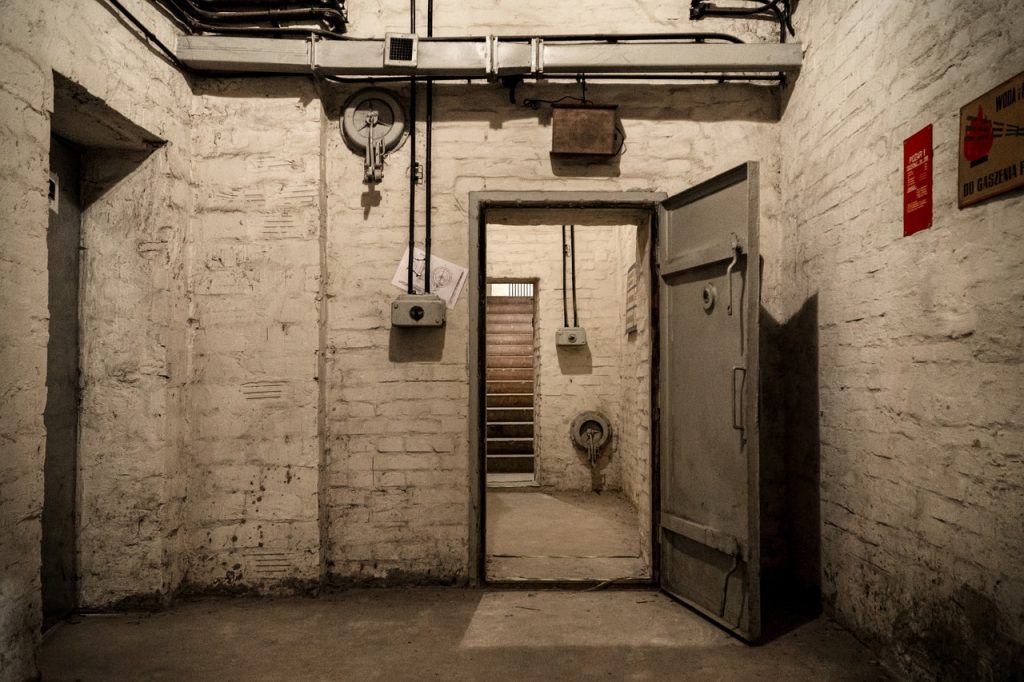
2. Double Your Exits, Double Your Chances
Bunkers aren’t only for doomsday movie bad guys they’re a real survival strategy. But Twigger cautions against the single-door trick. Just as rabbits dig two exits to avoid predators, two doors can beat zombies, looters, or fires.
This is consistent with emergency planning advice from such books as Prepare for Zombies, Survive a Flood, which believes in redundancy in the evacuation route. In survival, choice equals security.
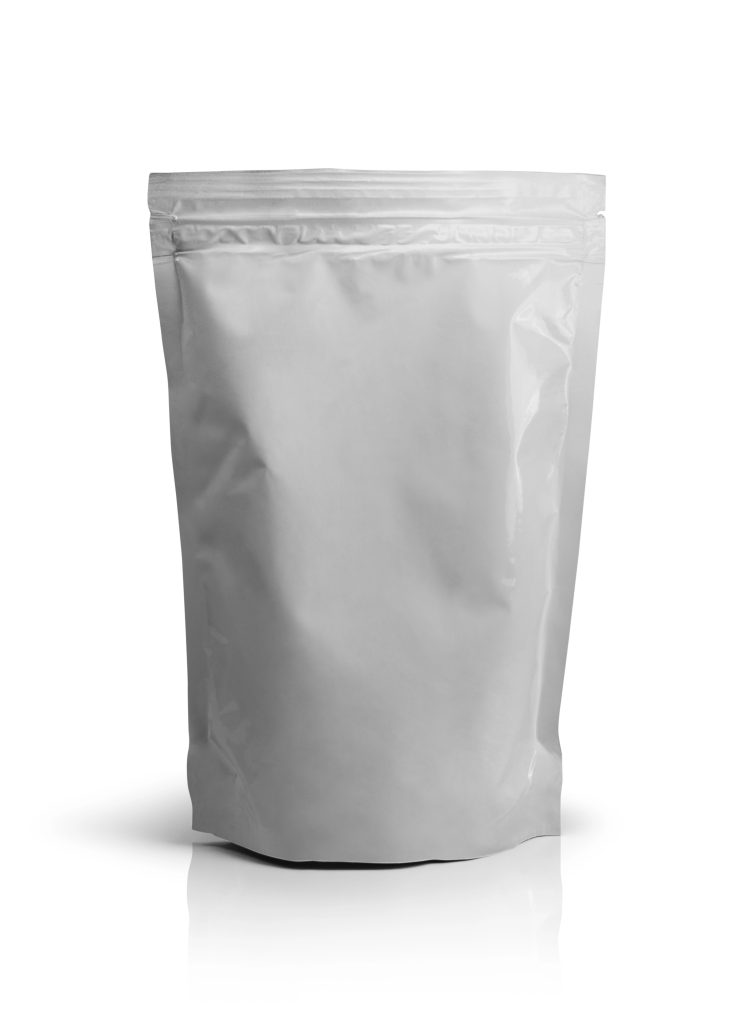
3. Rice: The 100-Year Food Investment
Forget hipster freeze-dried meals Twigger’s a believer in rice kept in sealed bags. Sealed properly, it will keep for a hundred years, which is the ultimate long-term calorie cache. That’s not about keeping yourself alive; that’s about providing future generations with a fighting chance.
Resource scarcity is actually one of the only post-apocalyptic phobias that studies indicate are warranted. Witness the 2020 pandemic and Texas freeze, when supply chains quickly buckled and shelves went bare. A bit of prudence now will ensure survival tomorrow.

4. Drop the Big Eaters
It may sound cruel, but in a world where every calorie counts, Twigger suggests “unfriending” those who consume resources too rapidly. It’s more of a lesson in resource management than anything else, and it’s one that’s equal parts about group dynamics and food.
Psychologists who examine doomsday thinking point out that cynicism towards human cooperation is exaggerated competition for resources is real, however. Selecting your survival team carefully might be the difference between survival and starvation.
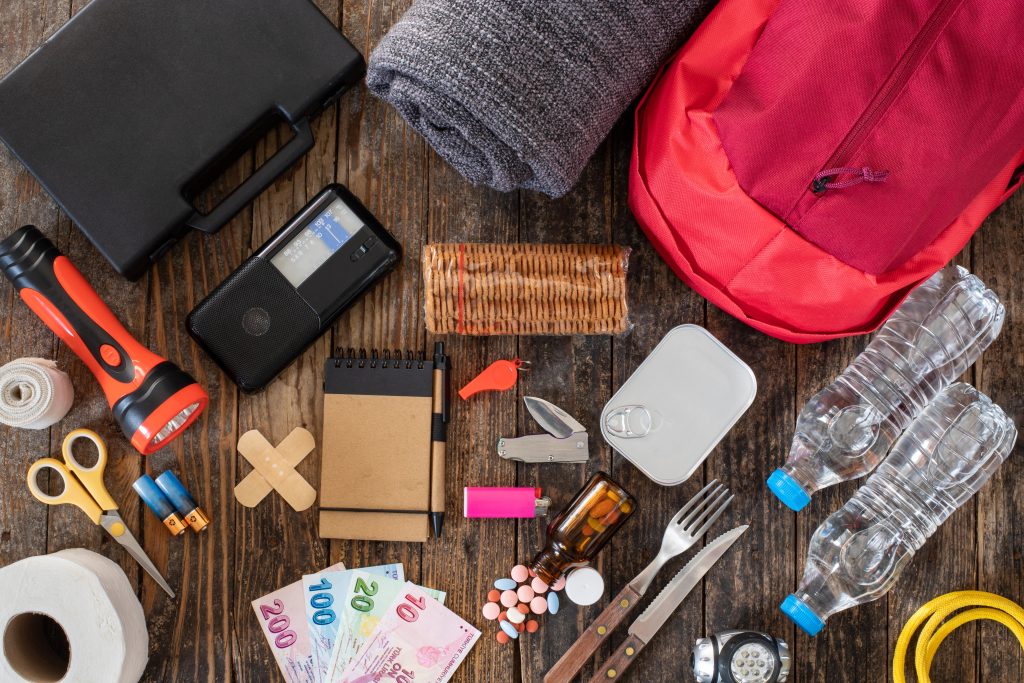
5. Own the Core Survival Skills
Aside from quirky tricks, there’s no replacement for the fundamentals: first aid, shelter creation, fire initiation, and water treatment. The American Red Cross points out that being able to do CPR, treat wounds, and avoid hypothermia can convert an impending disaster into a rescue.
These skills aren’t limited to wilderness enthusiasts they are just as important in urban catastrophes, where the infrastructure can collapse and emergency services become congested.

6. Choose Your Apocalypse Real Estate Carefully
It’s more about location than you might imagine. Frazier cites rural regions particularly the Intermountain Northwest as well-suited to weathering a zombie epidemic. Sparse population density equals fewer aggressors, and there are plenty of natural resources to provide more self-reliance.
Urban areas may receive assistance sooner, but they also represent cutthroat competition for limited resources. If you can’t relocate long-term, at least have an exit strategy in mind for when things turn bad.
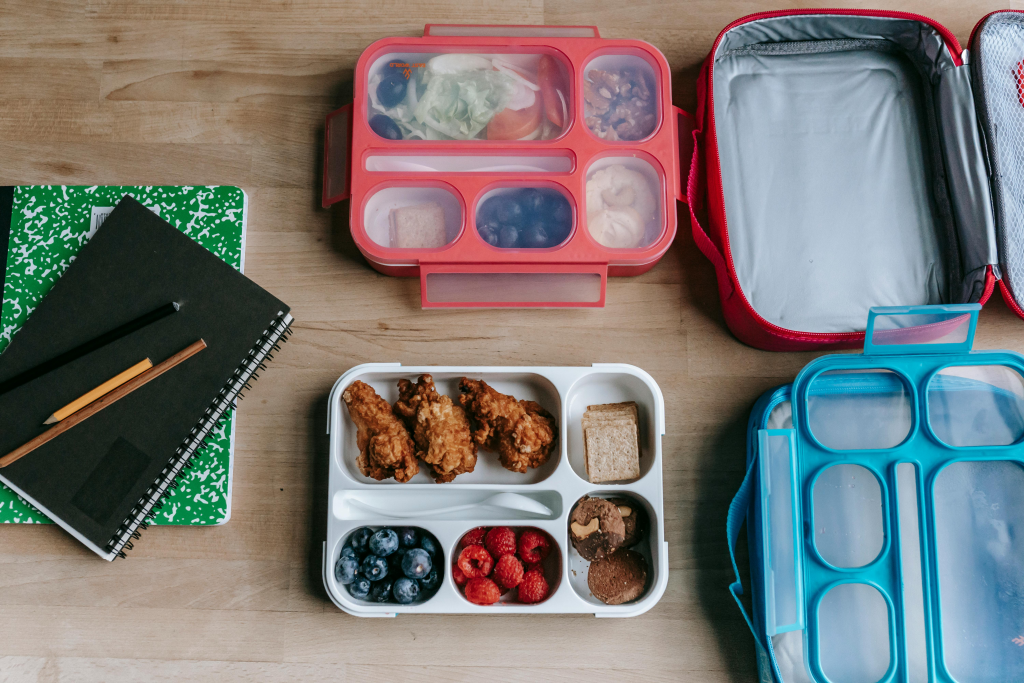
7. Store Morale-Boosting Luxuries
Survival isn’t physical, but mental. Twigger’s festival visitors will exchange the “little luxuries” they’d bring to a bunker, ranging from books to comfort food. Neuroscientist Shmuel Lissek explains that routine predictability and little pleasures relieve existential fear by making the situation more controllable.
That is, your survival kit needs to consist not only of rice and water purifiers, but also something that puts a smile on your face when the world outside collapses.
The apocalypse by climatic mayhem, out-of-control robots, or an army of zombies may be unavoidable. But as Twigger and many an expert make us remember, it doesn’t have to be grim and despairing. With a combination of useful skills, ingenious improvisations, and a pinch of humor, survival is less a matter of terror and more a matter of resilience. And if said resilience includes a change of clean underwear? Even better.


